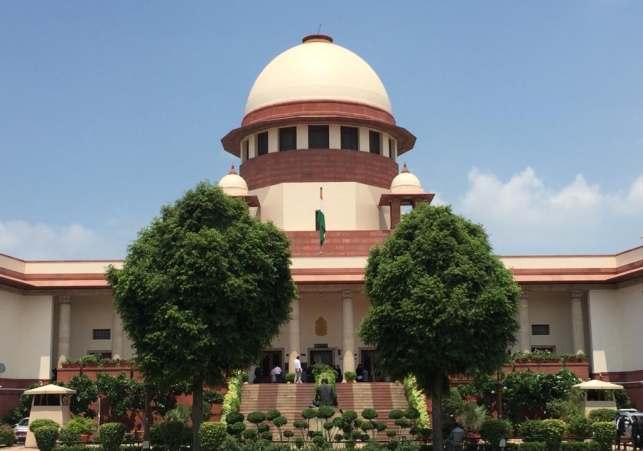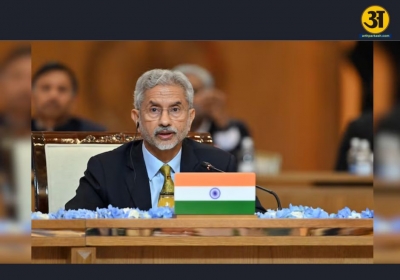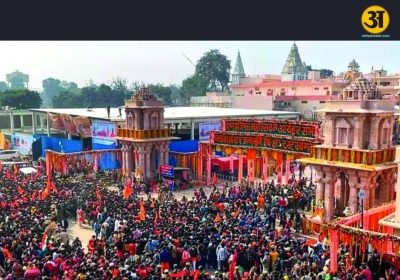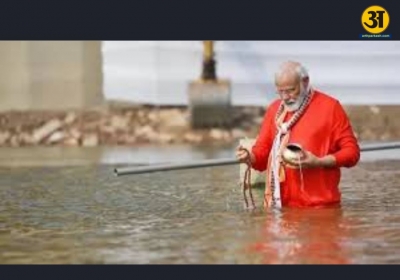
SC backs transparency: supports online release of J&K internet ban review orders
Supreme Court advocates transparency: favors online publication of review orders on internet ban in J&K
The Supreme Court, addressing the issue of internet suspension in Jammu and Kashmir, emphasized that review orders should not be kept confidential. The Court granted two weeks to the J&K administration to assess the necessity of making these review orders public. The directive came during the hearing of an application by the Foundation for Media Professionals (FMP), which had challenged the internet shutdown in Jammu and Kashmir in 2020.
Background and Court's perspective
The internet clampdown in J&K, enforced in 2020 during the nationwide lockdown due to the Covid-19 pandemic, faced legal challenges. In response to the FMP's application, the Supreme Court stressed that the orders reviewing internet suspension should not be concealed and instructed the J&K administration to validate the non-requirement for their public disclosure.
ALSO READ: Security scare on IndiGo Flight as passenger alleges bomb threat, prompts delay
Advocate Shadan Farasat, representing the media foundation, referred to two previous Supreme Court orders in January and May 2020, highlighting that publication of internet shutdown orders is imperative for legal challenges. The Court, in these cases, specified that orders imposing internet shutdowns must be made public for proper judicial scrutiny.
The J&K administration argued against the publication of review orders, citing sensitivity related to matters of militancy, terrorism, and national security. The administration contended that such deliberations cannot be made public due to national and public interest.
Court's instruction and clarification
The Supreme Court clarified that it is not seeking the disclosure of deliberations but insisted on making the review orders public. The bench directed the J&K administration to review its stance within two weeks, aligning with the previous court orders.
ALSO READ: Rahul Gandhi accuses Government of plotting to abolish quotas in latest UGC guidelines
The internet clampdown imposed in 2020 in J&K was questioned for its constitutional validity. The Supreme Court, in response to the Anuradha Bhasin case, ruled that such bans cannot be indefinite as they violate citizens' fundamental rights. The court mandated the publication of all orders under Section 144 CrPC and suspension of telecom services to allow affected individuals to challenge them before the appropriate forum.
In conclusion, the Supreme Court's recent directive reinforces the need for transparency in disclosing review orders related to internet shutdowns, ensuring accountability and adherence to constitutional principles.





